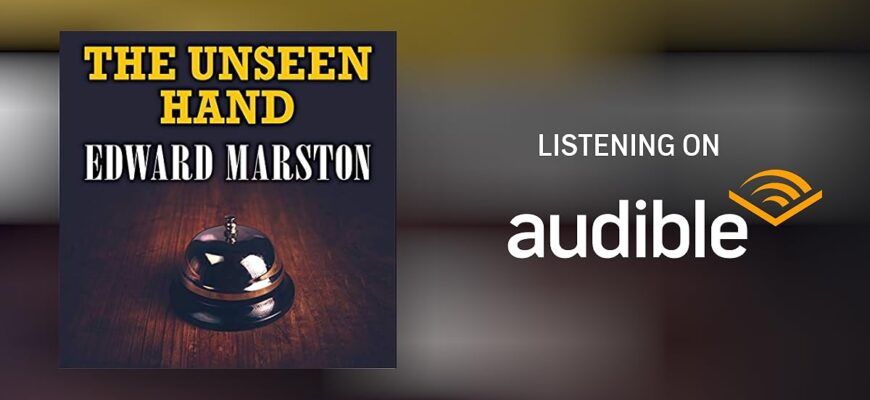The recent confirmation of Emanuel Emegha`s transfer from Strasbourg to Chelsea, effective July 1st, might appear as a routine transaction in the dynamic world of professional football. However, a closer inspection reveals a considerably more intricate picture, one that reflects a growing tension in modern football: the rise of multi-club ownership. Both Strasbourg and Chelsea operate under the BlueCo umbrella, transforming what would typically be a celebrated career move for a player into a contentious issue that has visibly fractured the relationship between a club and its ardent supporters.
The reaction from Strasbourg’s faithful was swift and unequivocal. During a recent match, the club’s Ultra Boys group unfurled a banner that cut straight to the heart of their discontent: “Emegha, pawn of BlueCo. After changing shirt, give back your captain’s armband.” The striker, despite his previous contributions and a recent Ligue 1 August Player of the Month award, found himself subjected to boos during its presentation – a stark indication of how deeply this move had resonated with the fanbase.
The sentiment was so potent that Strasbourg coach Liam Rosenior felt compelled to address it publicly. He expressed profound disappointment, calling the banners “unacceptable” and highlighting Emegha`s devastation. Rosenior staunchly defended his players, praising their “impeccable attitude” and stressing that Emegha would remain captain while at the club. He was quick to point out that this was the sentiment of a vocal minority, not the entire fanbase, yet the damage to morale was palpable.
The Multi-Club Phenomenon: Synergy or Conflict?
This incident isn`t an isolated anomaly; rather, it’s a symptom of a broader trend in global football: the proliferation of multi-club ownership models. BlueCo, like many other investment groups, holds stakes in multiple football clubs across different leagues. The stated benefits are often clear: a streamlined talent pathway, shared scouting networks, financial efficiencies, and the ability to develop players within a controlled ecosystem. For the primary club, often a European giant like Chelsea, it can mean a steady supply of well-vetted talent. For the secondary club, like Strasbourg, it theoretically offers investment and access to a larger network.
However, the Emegha scenario exposes the ethical tightrope involved. When a player, particularly a captain and star performer, is perceived to be transferred not purely for the benefit of their current club but as an asset in a larger corporate game, the very soul of the club is questioned. For supporters, football is more than just a business; it’s an identity, a community, a passion steeped in local pride and unwavering loyalty. The notion that their club might serve as a `farm team` or a developmental platform for a larger entity, especially when it involves their best players, strikes at the very core of this identity. It transforms the beautiful game into a corporate chessboard, where players are assets to be moved, rather than heroes to be revered.
The Player`s Predicament and The Fan`s Dilemma
Emanuel Emegha, in this narrative, becomes a poignant figure of modern football`s dilemma. On one hand, a move to a club like Chelsea represents a significant career advancement, a chance to play at the highest level. On the other, it places him squarely in the crosshairs of a deeply disappointed fanbase. It`s a stark reminder that while players are professionals, they are also human beings navigating complex career decisions under intense public scrutiny, often caught between personal ambition and the fervent, sometimes irrational, expectations of supporters.
How does a fan maintain unbridled devotion when their team`s best assets are seemingly earmarked for transfer to a `sister` club, potentially strengthening a rival, even if within the same ownership family? The emotional investment, the songs, the banners – they all presuppose a singular, undivided loyalty. Multi-club ownership, while financially savvy, introduces a layer of corporate logic that often clashes with the raw, emotional logic of fandom.
Navigating the Future: A Delicate Balance
Multi-club ownership, for all its contentious aspects, is undeniably a growing trend in football. The financial realities of the sport often necessitate creative business models. Yet, the uproar in Strasbourg serves as a potent reminder that these models must be implemented with an acute understanding of football`s emotional core. Without careful communication, transparency, and a genuine effort to preserve the unique identities of each club within the portfolio, the risk of alienating the very fans who give the sport its pulsating lifeblood remains significant.
Perhaps the future of football lies not just in clever acquisitions and intricate corporate structures but in convincing supporters that their club, even under a shared banner, is still playing for them, and not merely as a convenient step on someone else`s corporate ladder. A subtle distinction, perhaps, but one that apparently makes all the difference when loyalties are tested.








